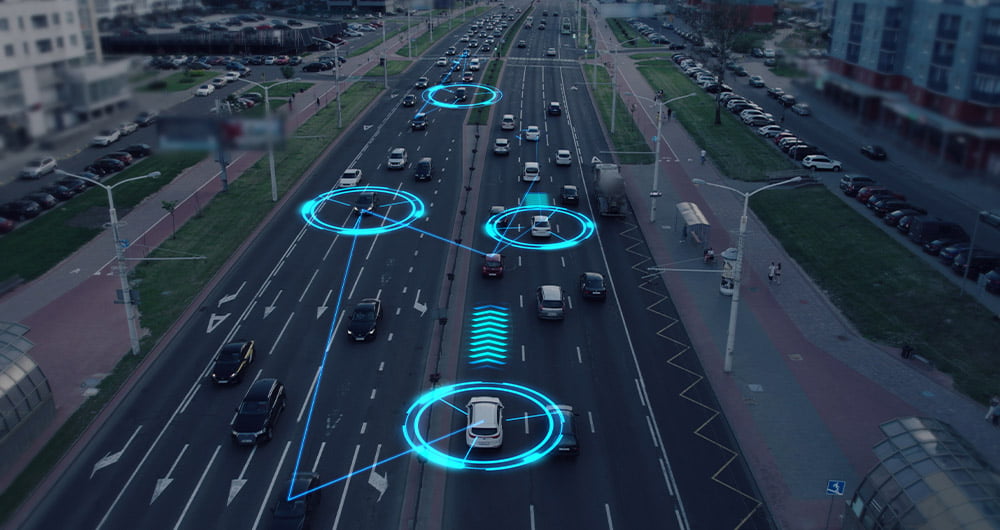51 posts found
How to prepare your data to work with artificial intelligence tools from a legal point of view
The idea of conceiving artificial intelligence (AI) as a service for immediate consumption or utility, under the premise that it is enough to "buy an application and start using it", is gaining more and more ground. However, getting on board with AI isn't like buying conventional software and gettin…
Science and innovation for public policies: the concept of I+P
In an increasingly complex world, public decisions need more than intuition: they require scientific evidence. This is where I+P (Innovation + Public Policy) initiatives come into play: an intersection between creativity, data-driven knowledge, and policy action.
In this article we will explain…
The role of data in driving autonomous vehicles
Just a few days ago, the Directorate General of Traffic published the new Framework Programme for the Testing of Automated Vehicles which, among other measures, contemplates "the mandatory delivery of reports, both periodic and final and in the event of incidents, which will allow the DGT to assess…
Benefits and opportunities of public initiatives for open data visualisation
Imagine you want to know how many terraces there are in your neighbourhood, how the pollen levels in the air you breathe every day are evolving or whether recycling in your city is working well. All this information exists in your municipality's databases, but it sits in spreadsheets and technical d…
OGP's assessment and challenges ahead of the forthcoming Global Summit in Spain
The international open government community is preparing for the 9th Global Summit of the Open Government Partnership (OGP), which will take place in Vitoria-Gasteiz next October.. For three days, government representatives, civil society leaders and policy makers from around the world will exchange…
Training in artificial intelligence: a strategic necessity and a legal obligation
The Work Trends 2024 Index on the State of Artificial Intelligence in the Workplace and reports from T-Systems and InfoJobs indicate that 78% of workers in Spain use their own AI tools in the workplace. This figure rises to 80% in medium-sized companies. In addition, 1 in 3 workers (32%) use A…
Digital rights: principles, initiatives and challenges in the digital age
We live in an increasingly digitalised world where we work, study, inform ourselves and socialise through technologies. In this world, where technology and connectivity have become fundamental pillars of society, digital rights emerge as an essential component to guarantee freedom, privacy and equal…
How local councils drive open data in municipalities
Although local governments are the closest actors to citizens, they often face limitations in terms of resources and capacities to implement open data effectively. The diputations, as intermediate institutions between central government and municipalities, play a key role in coordinating, supporting…
The importance of data training for public sector workers
There is no doubt that digital skills training is necessary today. Basic digital skills are essential to be able to interact in a society where technology already plays a cross-cutting role. In particular, it is important to know the basics of the technology for working with data.
In this context, p…
What data governance should look like in open source AI models
Open source artificial intelligence (AI) is an opportunity to democratise innovation and avoid the concentration of power in the technology industry. However, their development is highly dependent on the availability of high quality datasets and the implementation of robust data governance framework…









